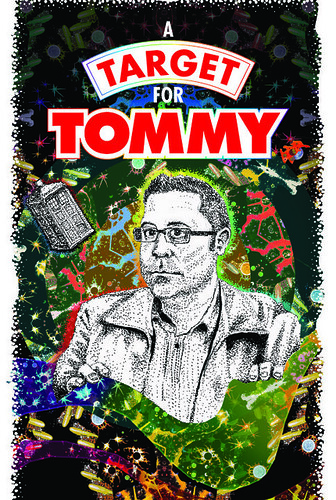I mixed up my Reading with my reading last week. I blame Ikea. And their new Reading branch.
The thing is, though, you can read at Ikea. So far I have stopped short at stealing their display books. I have standards, and stealing doesn’t go with my upright (cough) kind of behaviour.
Books used on shelves in the made up rooms at any Ikea store are generally Swedish ones, so of little use to most customers. Especially if those customers like furniture more than reading. But I usually pause to see what they have.
It’s clear that they have got their hands on remaindered books, since there tend to be several of each book, and generally not the most exciting looking ones, either. The selection can be cheap versions of classic books, or books that were so uninspiring that not enough people bought them in the first place.
My snigger instinct awoke on one or two occasions when I encountered books by someone I once ‘knew.’ He was one term behind me at University, and he was destined for great things. Or so he thought. He already had one novel published, and was writing his next one, seeking inspiration from the place we were at. He had connections at a big Swedish publishing firm, but I suspect he didn’t know the word nepotism.
So, one of his novels has brightened the fake Ikea room settings, somewhere in the UK. And later on I discovered he had dabbled in children’s picture books as well.
But as I said, you can’t buy the shop display.





